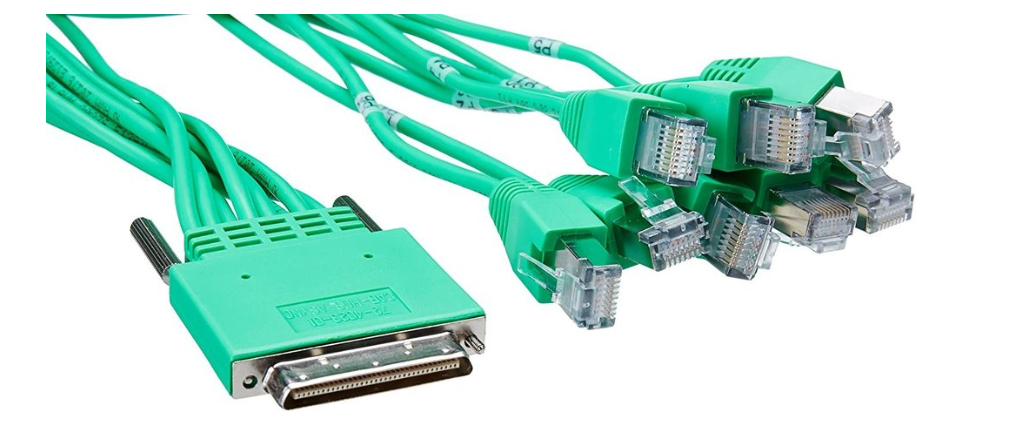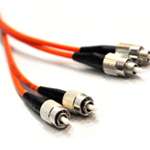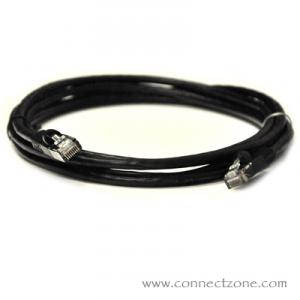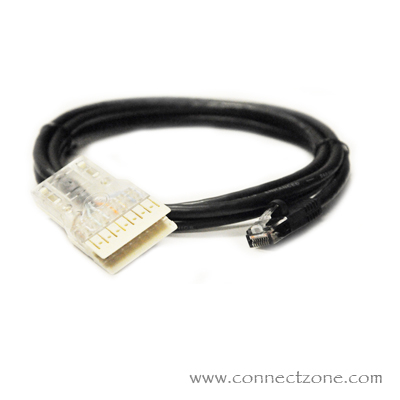We use cookies to make your experience better. Read more
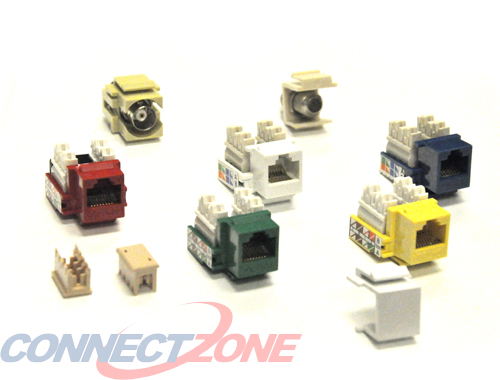
Copper is less expensive to connect network devices and has some advantages, including the fact that it exists in several places. While fiber optic cables are more expensive, there are lots of benefits that make it a cable infrastructure solution. Fiber Optic and copper cable are capable of doing the same thing, but the question is which one is better for any given scenario?
Ethernet has been in the news lately. From applications of LED lighting to innovative IP camera technology, there is no shortage of applications for Ethernet cabling. Copper cabling, for example, Ethernet is the cheaper of the two, which makes it a low-cost choice with a bevy of applications. However, a high-cost option like fiber is necessary. What emerges as you learn about the two options is that there is no war between them. In fact, each solution has its fair share of advantages and disadvantages. With benefits and limitations to every technology, it rarely seems like they're competing for technology.Fiber Optic is perfect for speeds, security and information delivery over super-long distances. However, on the flipside, it is somewhat unwieldy, brittle, plus more expensive.Copper Cable is getting faster, but it has some notable limitations regarding distance. When uncovered, it can also be prone to disturbance.Let's take a closer look at the positives and negatives of each.Security: Fiber optic cable provides data security. Fiber doesn't radiate signals and can be tricky to tap. With Fiber, you can easily recognise if any line is being tapped through the leaking light which can fail the entire system. When an effort is made to violate up the security of your fiber, you will recognise it in seconds. Your information is secure with fiber cable.Installation and Maintenance cost: Fiber optic cable needs fewer media hardware and has a high initial value, but maintenance cost is quite low. Fiber also eradicates the requirement to re-cable for network performance. Copper comes at a lesser up-front price. Based on your work, it might offer a lower cost of ownership.Structure: Fiber is lightweight, thin and stronger than copper cables. Fiber takes up substantially less space in cabling ducts, and its little size makes it simpler to deal with. It is, be that as it may, more fragile than copper. Even though fiber is still more hard to terminate than copper is, progressions in connectors are making termination less demanding. Moreover, fiber is a lot easier to test than copper.Reliable and Immunity: Fiber is insusceptible to electromagnetic obstruction, radio-frequency obstruction, crosstalk, impedance issues and the sky is the limit from there. While unshielded copper has problems with impedance, protected copper, for example, Cat5e, Cat6 and Cat7 does not.Attenuation & Dispersion: With Fiber Cable, as the distance of transmission increases, the light will be attenuated and scattered, which requires additional optical devices like EDFA to be included. Fiber can run from 300 meters to 40 kilometres, contingent upon the kind of fiber cable, wavelength and system.
So, what's the ideal option? That's easy! It depends upon the situation.
Prefer using Fiber if you are connecting an ISP into a road or node cabinet. Glass is wonderful for outdoor uses, and you can transmit any data over distances with fiber cabling.
One of the advantages of copper cable over fiber optic is that once you are close to the line of the roof of a house or a building or at the cabinet, you use the ethernet copper cable. This is the area where ethernet copper cable is giving fiber a run for the money.
We hope that the difference between fiber optic and copper cable gave you an idea about each technology and has made it much easier for you to choose. But, need not worry about it with ConnectZone. The ConnectZone team is the perfect choice for custom cabling and network solutions in the Greater Seattle area, the U.S. and online!
0 Comment(s)


